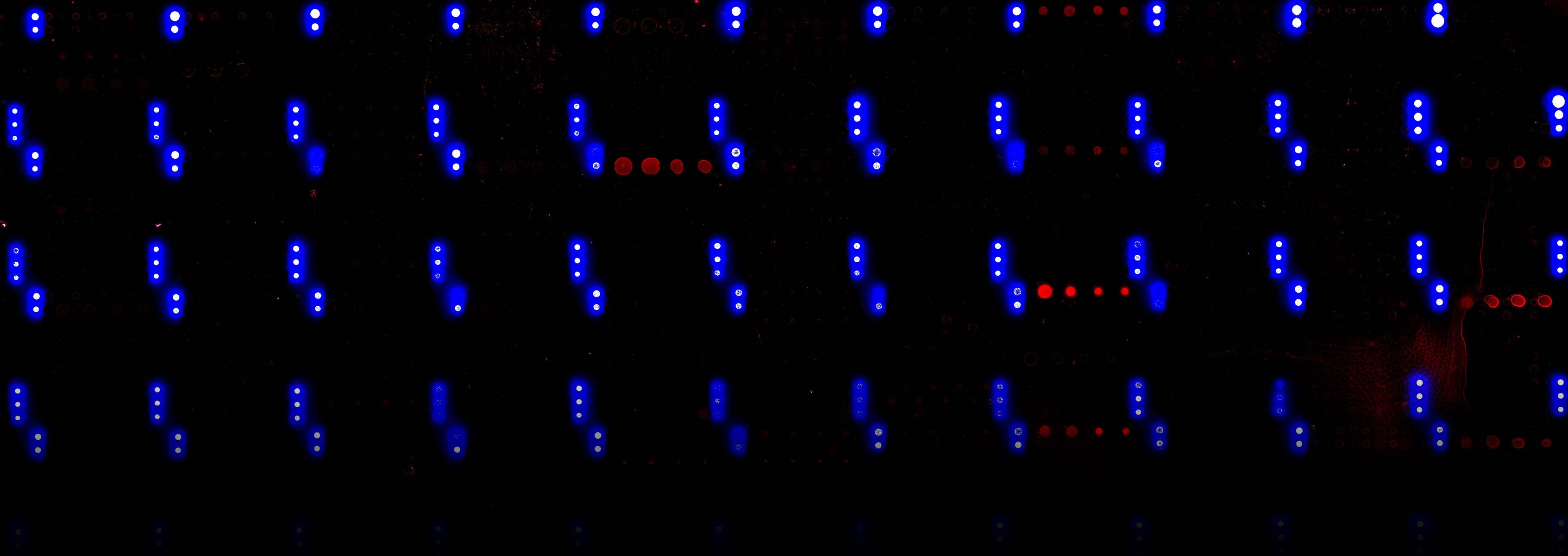Development of Serodiagnostics for Mosquito-Borne Virus

Zika virus (ZIKV) belongs to the Flavivirus genus of positive-sense single-stranded RNA viruses. This pathogen, together with others such as Dengue (DENV), West Nile (WNV), Yellow Fever (YFV), and Chikungunya (CHIKV) viruses co-circulate in the same geographical areas and produce similar clinical symptoms. Until recently, ZIKV had only been detected in sporadic outbreaks in Africa, Southeast Asia and the Pacific Islands before early 2015, when it was found in eastern Brazil. During the recent outbreak, ZIKV spread rapidly throughout South and Central America with most ZIKV infections associated with mild or asymptomatic viral disease. A higher frequency of neurological syndromes (e.g. Guillain-Barre) and birth defects (e.g. microcephaly) have been linked with infection and contributed to the WHO declaring ZIKV a global public health emergency.
Currently, detection of viral RNA through RT-PCR and/or sequencing can distinguish between ZIKV and other mosquito-borne viruses only during the first few days after the onset of symptoms. However, the prevalence of these viruses is likely underrepresented since the majority of people are either asymptomatic or do not go to a doctor for formal diagnosis. Viral RNA is difficult to detect in patients once the initial acute infection is over. Diagnosis as this stage is only possible through antibody-based methods that are highly cross-reactive to other related viruses.
The goal of this project is to improve the sensitivity and specificity of serodiagnostic methods for these viruses to aid in accurately measuring prevalence through past exposure. This will involve: 1) using high-throughput peptide array technology to screen nearly 1,000 taxa-specific peptides, 2) using machine learning methods to identify immunodominant peptides for each of the virus taxa, and 3) use these reagents in an optimized ELISA to validate its specificity and sensitivity against the virus pathogens. Ideally, these results could then be applied to further development of a point-of-care diagnostic.
Funding
This project has been funded in whole or part with federal funds from the United States Agency for International Development (USAID) under the “Combating Zika and Future Threats” Grand Challenge for Development.